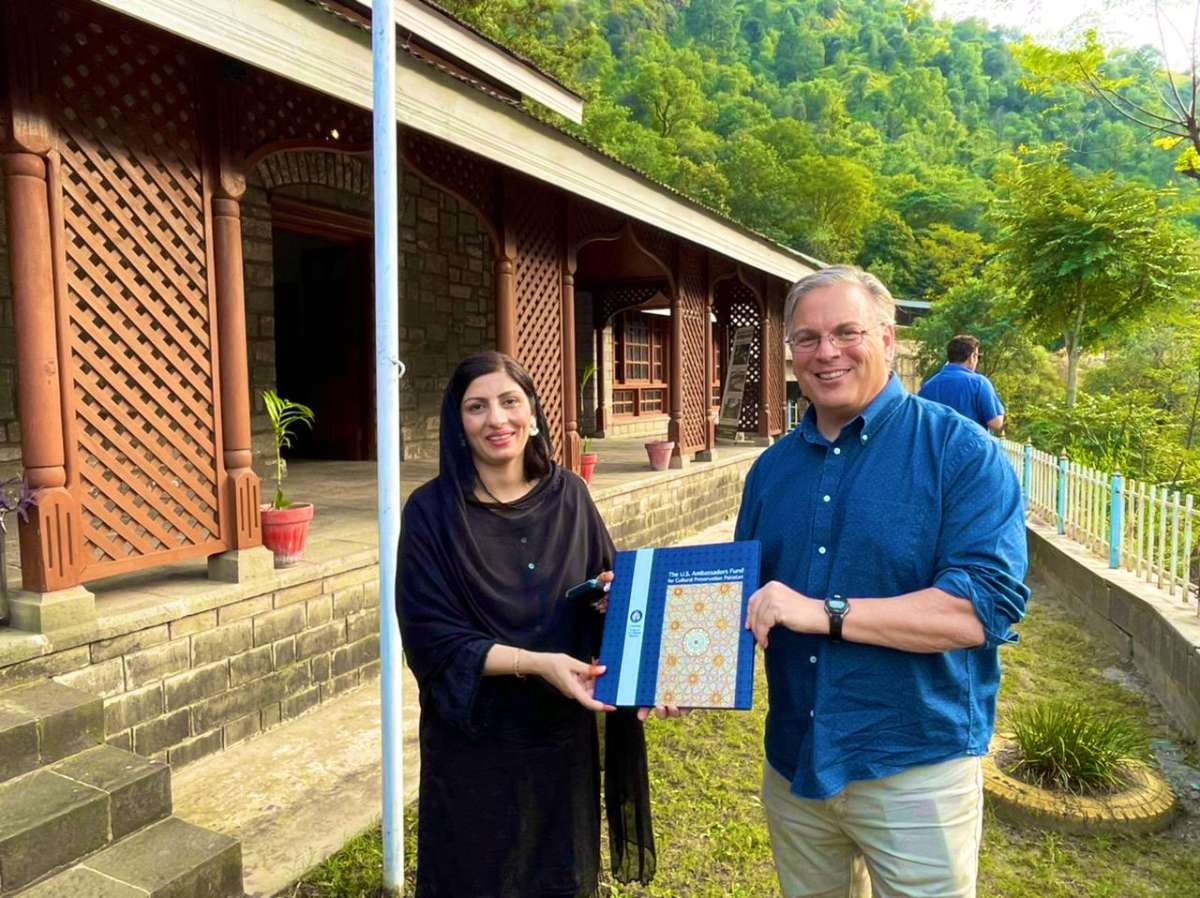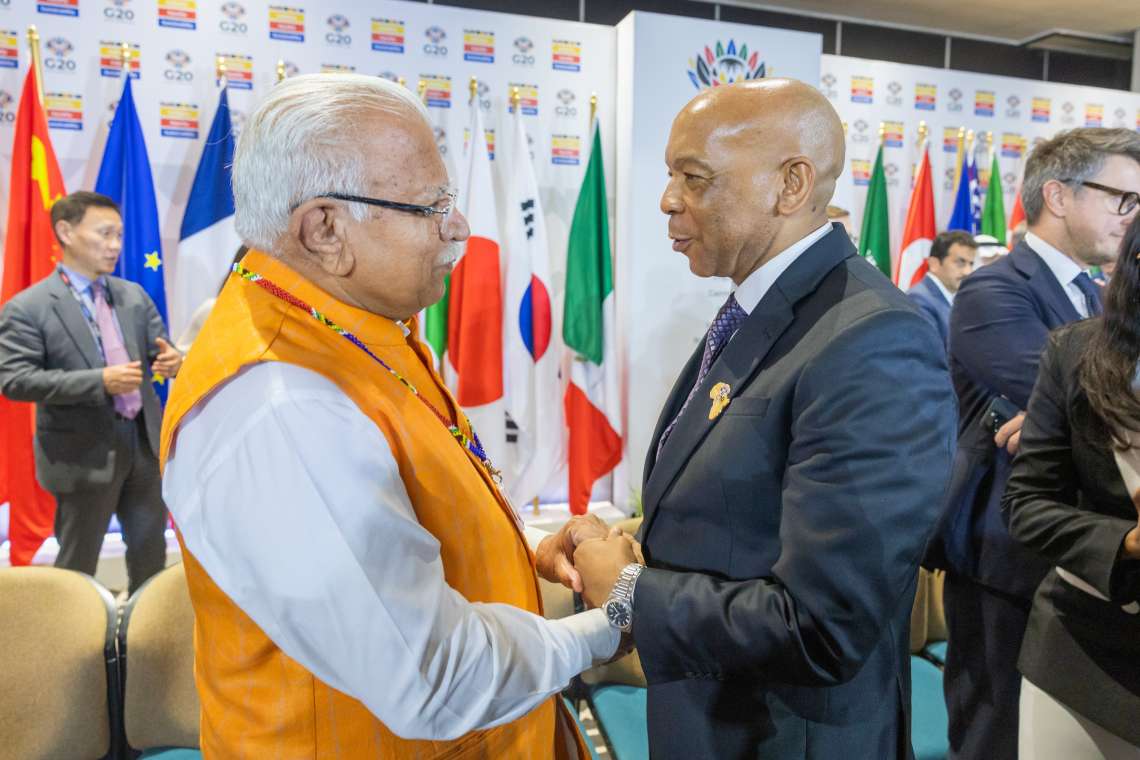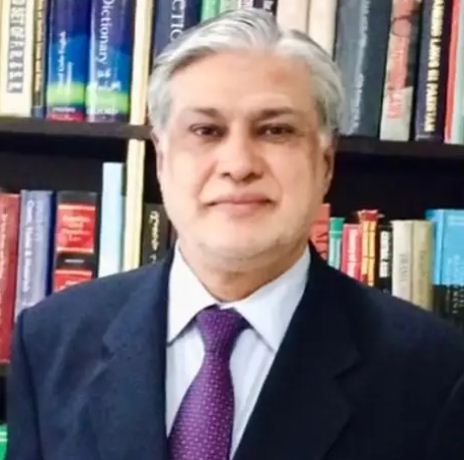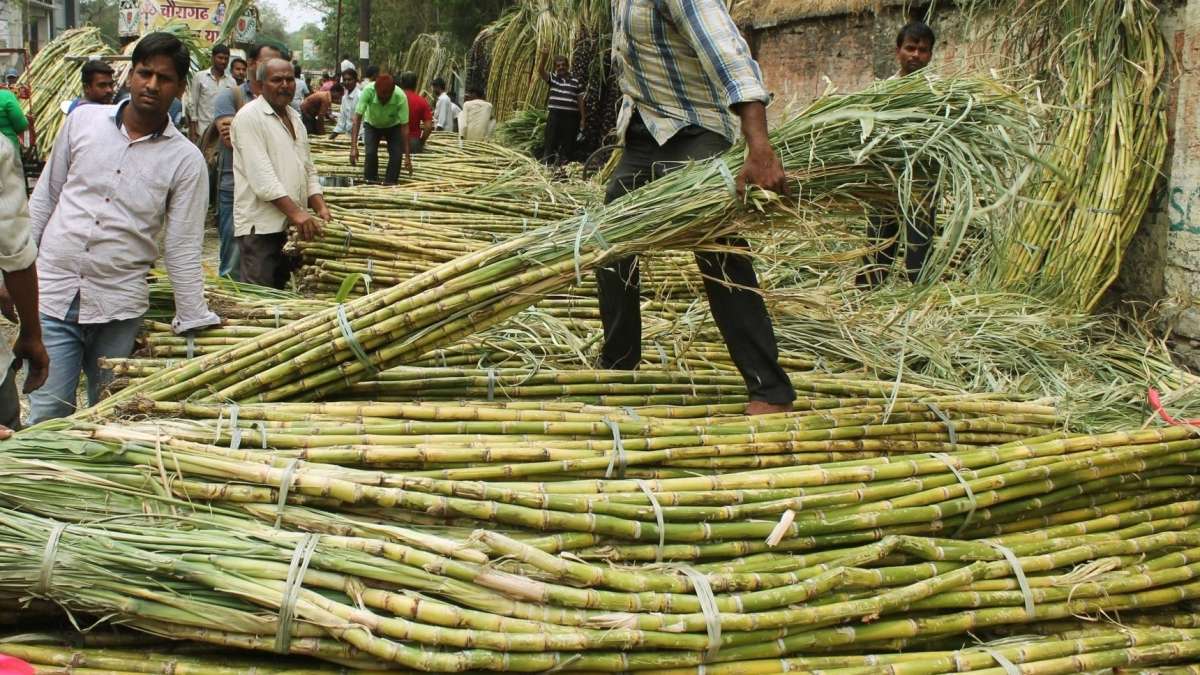By visiting the disputed region, that was forcibly annexed by Pakistan in 1947 through a joint military raid by tribals, Pakistani Army and non-State actors, the US has sent another signal to India that the US will play its cat and mouse games in the region to keep India uncomfortable, a report by Rahul Kumar
The US is going about systematically restoring ties with war-on-terror ally Pakistan, that had once sent Washington and its fearsome military on a wild-goose chase for a decade looking for Osama bin Laden in the wilds of Afghanistan. Laden was finally found sheltering under the nose of the Pakistani army.
The US ambassador to Pakistan, Donald Blome visited Pakistan-occupied Kashmir (PoK) on Monday to plant a sapling at the ‘University of Azad Jammu and Kashmir (UAJK)’ and lay a wreath to the victims of the 2005 earthquake.
He also visited other landmarks in Muzaffarabad and did not forget to refer to PoK as “Azad Jammu & Kashmir”.
By visiting the disputed region, that was forcibly annexed by Pakistan in 1947 through a joint military raid by tribals, Pakistani Army and non-State actors, the US has sent another signal to India that the US will play its cat and mouse games in the region to keep India uncomfortable.
Attaching considerable significance to the POK visit, the US embassy in Islamabad has issued a series of tweets over the last three days, detailing minutely the US envoy’s itinerary in the disputed region. The embassy said: “The Quaid-e-Azam Memorial Dak Bungalow symbolizes the cultural and historical richness of Pakistan and was famously visited by Jinnah in 1944. I’m honored to visit during my first trip to AJK”.
The US made it a point to highlight how it has been helping Pakistan in a holistic manner-restoring Pakistani heritages and cultural sites to providing significant humanitarian relief supplies during the 2005 earthquake to lately providing “over $66 million in cash, food, and health assistance” as devastating floods ravage Pakistan.
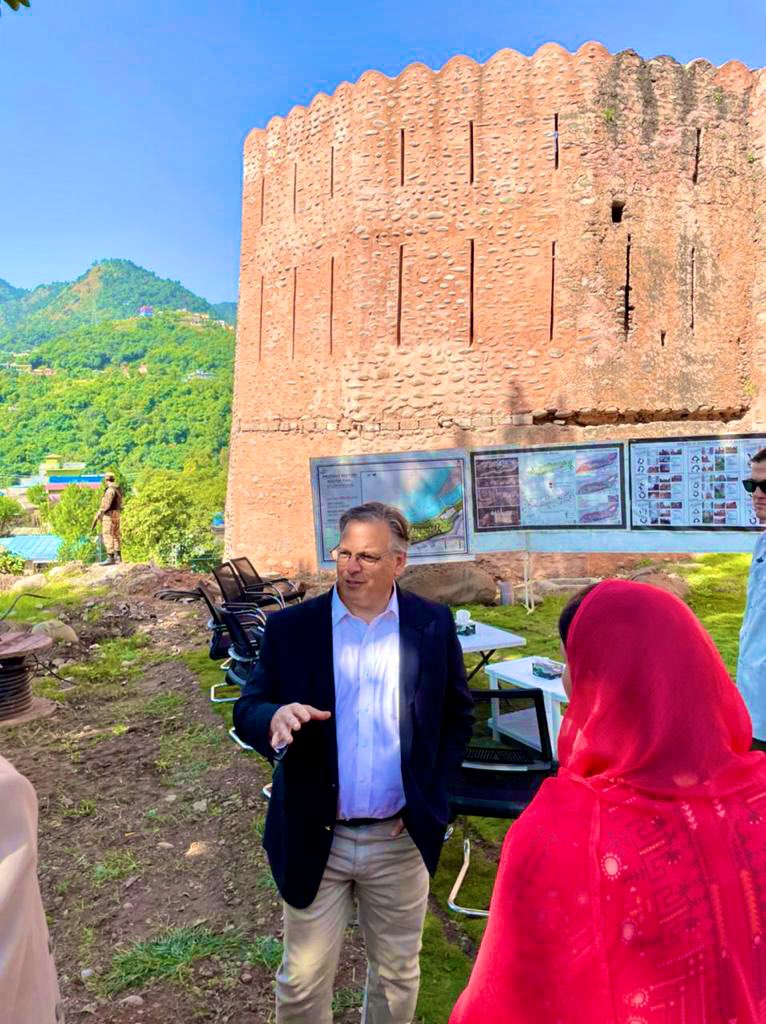
While reiterating an important highlight about humanitarian aid in the US-Pakistan bilateral relations, Blome was also posting a repartee to China over the latter chiding Washington to do more to help Pakistan in its hour of crisis-the floods.
Early last week, the Chinese Foreign Ministry had chided the US by saying: “Instead of passing unwarranted criticism against China-Pakistan cooperation, the US side might as well do something real and beneficial for the people of Pakistan”.
The seething Chinese response was delivered by spokesperson Weng Wenbin in the daily foreign ministry’s briefing as the US and China fight to gain Islamabad’s affections.
Early last week, US Secretary of State Antony Blinken after a meeting with Foreign Minister Bilawal Bhutto Zardari in Washington had said: “I also urged our colleagues to engage China on some of the important issues of debt relief and restructuring so that Pakistan can more quickly recover from the floods”.
The US ambassador’s PoK visit is also about balancing India, which has been carving out its own path in regional conflicts like the Russia-Ukraine war and the China-Taiwan crisis.
During the UN General Assembly week in New York, and later in deliberations and engagements in Washington, External Affairs Minister S Jaishankar was forthright in his observations about the US announcing maintenance and military equipment support of $450 million to Pakistan’s F-16, for counter-terrorism. Pakistan had reportedly used the fighters to attack India in 2019 soon after its terror groups killed 40 Indian para-military personnel in Pulwama, J&K.
The Pakistani army has been using its helicopter gunships to mount attacks in rural Balochistan, often against hapless Baloch populations. Two of its helicopters have been reportedly shot down by Baloch insurgents in the last two months.
Jaishankar had said that the relationship between the US and Islamabad will neither serve the interests of America nor of Pakistan. He said: “It’s really for the United States today to reflect on the merits of this relationship and what they get by it. For someone to say I am doing this because it is all counter-terrorism content and so when you are talking of an aircraft like a capability of an F-16 where everybody knows, you know where they are deployed and their use,” obliquely referring to the use of the F-16 against Indian territory.
Pakistan which sits at a geo-strategic location is important for Washington to keep India under check while keeping an eye on the developments in Taliban-run Afghanistan. For China, Pakistan serves as the gateway to the strategic Indian Ocean Region through the Gwadar port in Balochistan, helping secure trade and energy supplies. This geographical importance has allowed Islamabad to play both sides for decades, but the situation is changing as the US and China spar with each other over trade, global influence, Taiwan and critical technology.
Sindhis seek freedom
On the international Day of the Victims of Enforced Disappearances, Jeay Sindh Freedom Movement (JSFM) has organised an event as part of an “awareness campaign” coinciding with the Pakistani Prime Minister Shehbaz Sharif’s visit to New York for the UN General Assembly session (UNGA).
The Jeay Sindh Freedom Movement (JSFM) had organised the Indus Freedom Conclave, with a day-long protest in front of the UN headquarters in New York. Besides the Sindhis, the organisation has claimed support from Baloch, Afghan and Pashtoon groups for seeking freedom from Pakistan.
Speaking with India Narrative, Zafar Sahito of the JSFM said: “We are continuously reaching out against Pakistan before international organisations and advanced countries to prove that it is a failed terror state. We also want to highlight that the money Pakistan is collecting for flood relief will go into the accounts of military generals and Jihadi outfits. Why I say this is because the government, I mean military establishment and their selected elite class representatives, do not care for people”.
“To give you an example, a few years back the money which was collected for the earthquake victims of Pakistan Occupied Kashmir (POK) was never given to them”, Sahito added. He added that Pakistan has nurtured Islamist Jihadi outfits to suppress religious minorities.
The activists held a conference to address issues like the right to self determination for “historical nations”, terrorism promoted by Pakistan’s spy agencies, persecution of minorities, and the expanding footprint of China through the China Pakistan Economic Corridor (CPEC).
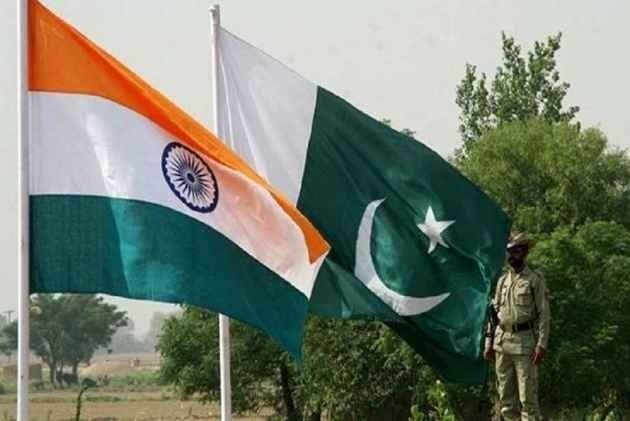
The lobbying by various Sindhi groups in the US has had its positive effects. Congresswoman Carolyn B. Maloney has been raising the issue of forced conversions of Hindu girls in the Sindh province. In 2021, Congressman Brad Sherman, in his capacity as the Chair of the Sindh Caucus, wrote a letter to US Secretary of State Antony Blinken, “urging the Administration to pay attention to the human rights abuses in Sindh, and to take immediate action to combat climate change”.
This year the Voice of America (VoA) started a Sindhi language website to cater to nearly 14 per cent Pakistanis, nearly 30 million people, who speak the language. The website was initiated after much lobbying by Sindhi groups advocating for a separate Sindh.
In August, another Sindhi group launched a one-week hunger strike against Pakistan’s human rights violations in Sindh-Pakistan’s economic powerhouse.
Sindh is witnessing a sporadic insurgency by the Sindhi rebels as well as Baloch separatist groups. This year has seen many attacks in Sindh capital Karachi with the coming together of the two ethnic groups.
Sahito alleged that the floods have presented the military establishment to draw more funds from international organisations, an allegation that has been levelled against the Pakistani army by many.
(The content is being carried under an arrangement with indianarrative.com)


